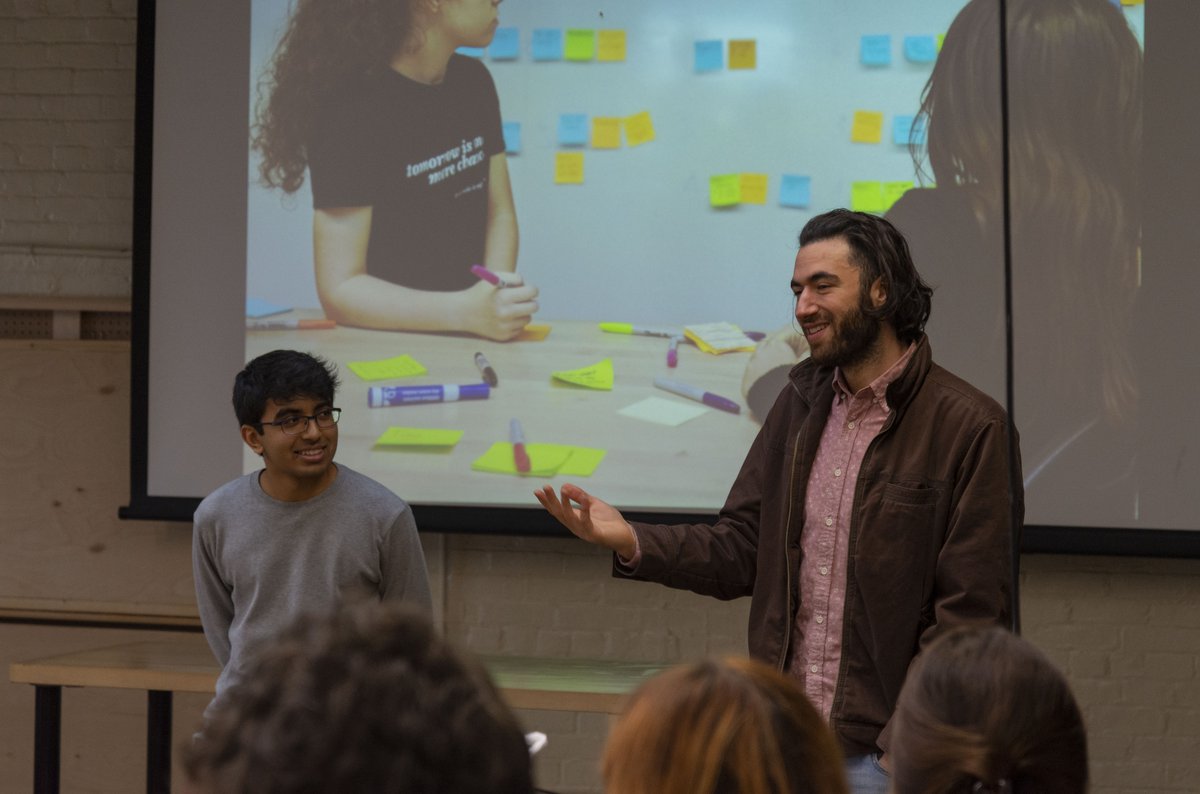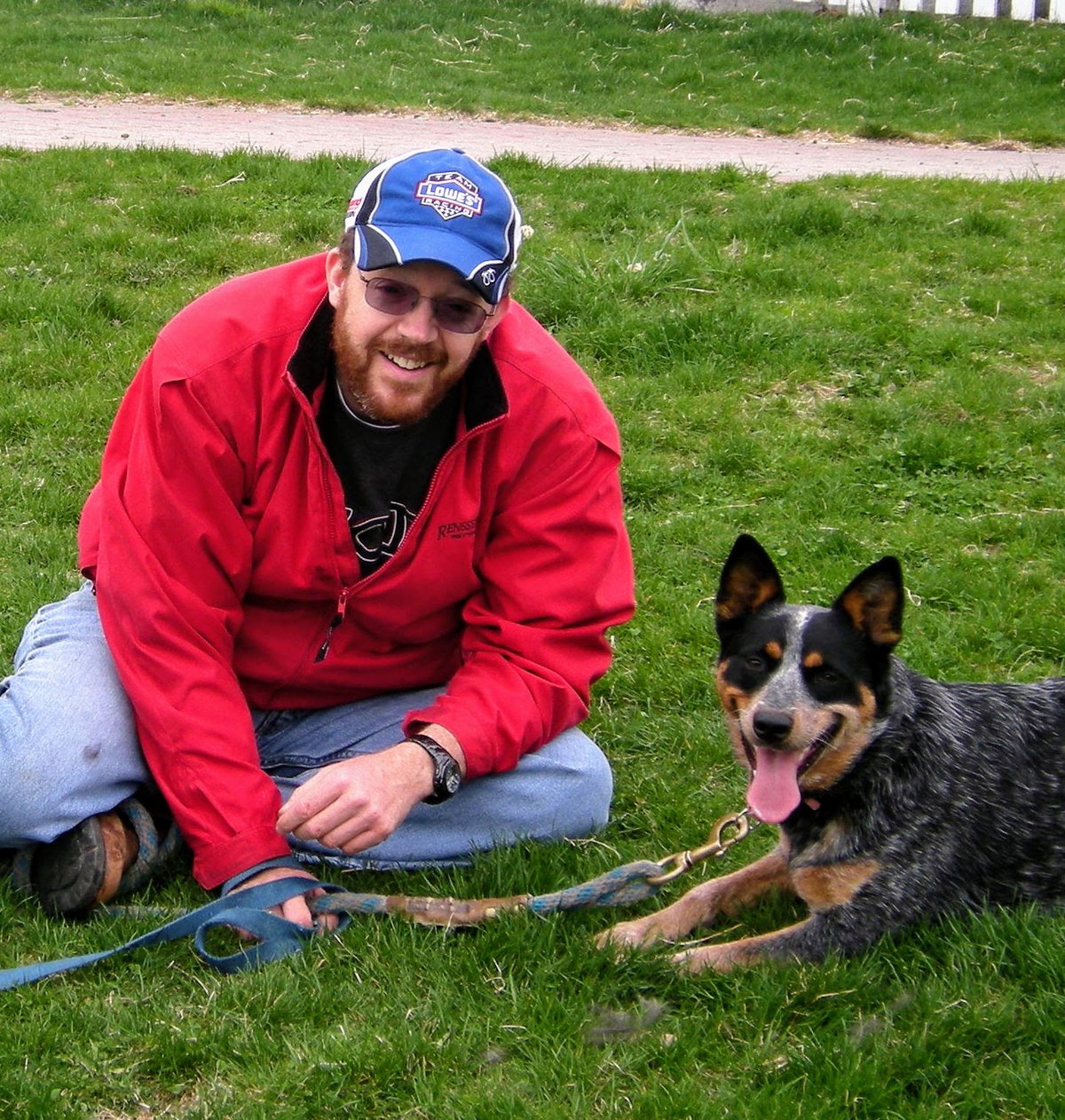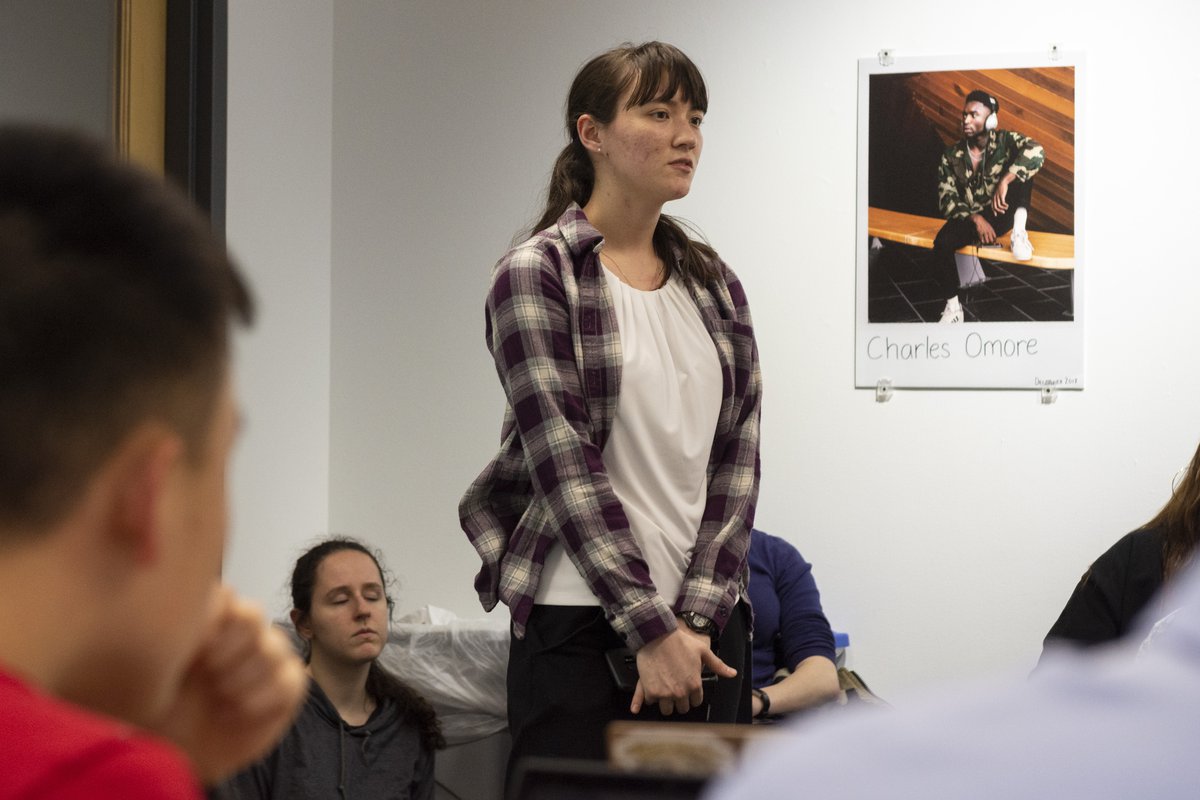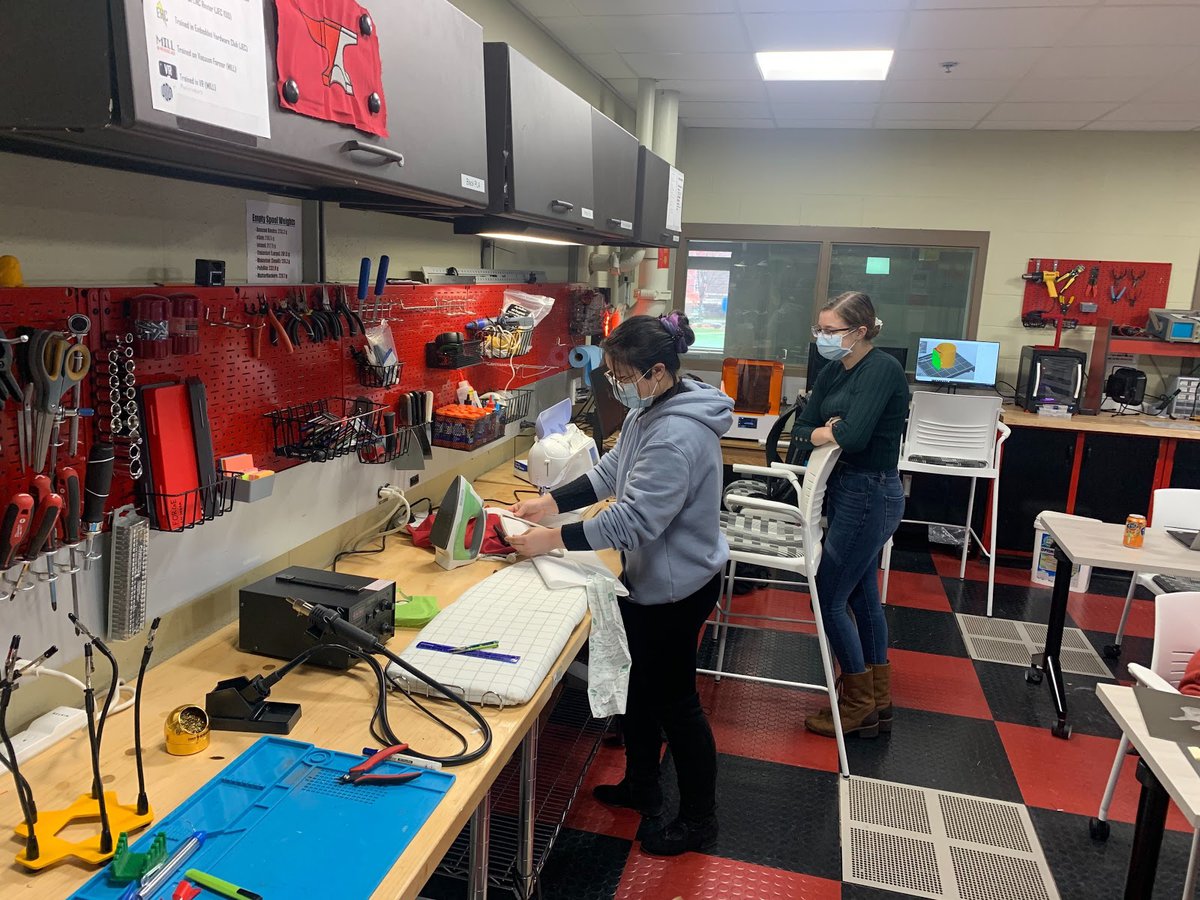DFA offers unique solutions to community problems

Design for America, a national organization with over 40 chapters across the country, aims to build the next generation of “social innovators” by allowing students to design solutions to issues that affect their communities, working both at the national and local levels. The Rensselaer chapter of DFA is helmed by its president, Cameron Kasper ’20, and to him, the purpose of DFA is to use “human-centered design for the social good.”
Recently, DFA had two major events—the annual Design Expo and a fall Dinner Party—that highlighted the work that DFA members do to better the community.
Last semester, DFA hosted their Design Expo, where two groups—one competing at the national level and one at the local level—presented the projects that they had been working on over the course of the past semester.
The national-level team presented a design for a recycling bin specific to plastic film that comes with a reusable canvas bag. By creating character profiles of different people who would potentially use their product, the team painted a picture of how the plastic film bin would be implemented in people’s day-to-day lives. They also designed a logo that would be printed on plastic film to indicate what it is and how to dispose of it. The Rensselaer DFA team was one of five universities chosen by Procter & Gamble to work with plastic film and pitched their design at Procter & Gamble National Headquarters in Cincinnati last semester.
The local team presented their design to ease the transitions between activities at the Troy Boys & Girls Club. They researched the “queuing” culture in different countries and examining the attitudes associated with standing in lines, and decided that their design would take steps to change these attitudes locally, starting with the Boys & Girls Club. The team addressed this by developing a toolbox of different activities to reframe this time as something positive that would keep children engaged while still giving them the skills to patiently wait in line for the next activity.
The ideas that were implemented by these teams and the issues they chose to solve made the audience think more deeply about the smaller things that affect the community.
DFA’s most recent event, the Dinner Party, hosted by both the Dinner Party Collective and the Mount Ida Preservation Association, was held at Mount Ida Preservation Hall last semester. It was an evening of great food, interesting conversation, and warmth all around. The menu was typical of a hearty winter dinner: thyme honey-glazed ham, roasted squash, and pumpkin pie, among others. The venue was decorated with string lights and holly wreaths by DFA members and volunteers, who also prepared the food.
After enjoying the meal and meeting some new people, I spoke with Luke Bateman ’19, one of the facilitators—as he calls it—of the Dinner Party Collective. He told me that the Dinner Party Collective started off as a Product Design and Innovation project in Studio V when students “felt that [the student body] didn’t get to engage with food in a meaningful way.” After Bateman went to the third Dinner Party, held at Sage Banquet Hall, he fell in love with the experience. He felt that an event like the Dinner Party embodied “the core of Design, Innovation, and Society.” The following year, the project fell into the hands of Design for America to continue over the following semesters, and Bateman designed a website for people to reserve spots. Since then, the Dinner Party Collective has held four dinner parties, allowing students, professors, and other members of the Troy community to interact with each other and find a respite from their daily lives.
These projects—the plastic film disposal, queue toolbox, and Dinner Party—embody DFA’s mission to “design and create things technically, but also consider how they affect the world,” in Bateman’s words. If you’re interested in design, or even just learning how to take action against problems affecting the community, check out Design for America. General body meetings are on Sundays from 2 to 4 pm in Sage 2211.

 Academics
Academics
 Administration
Administration
 Club Spotlight
Club Spotlight